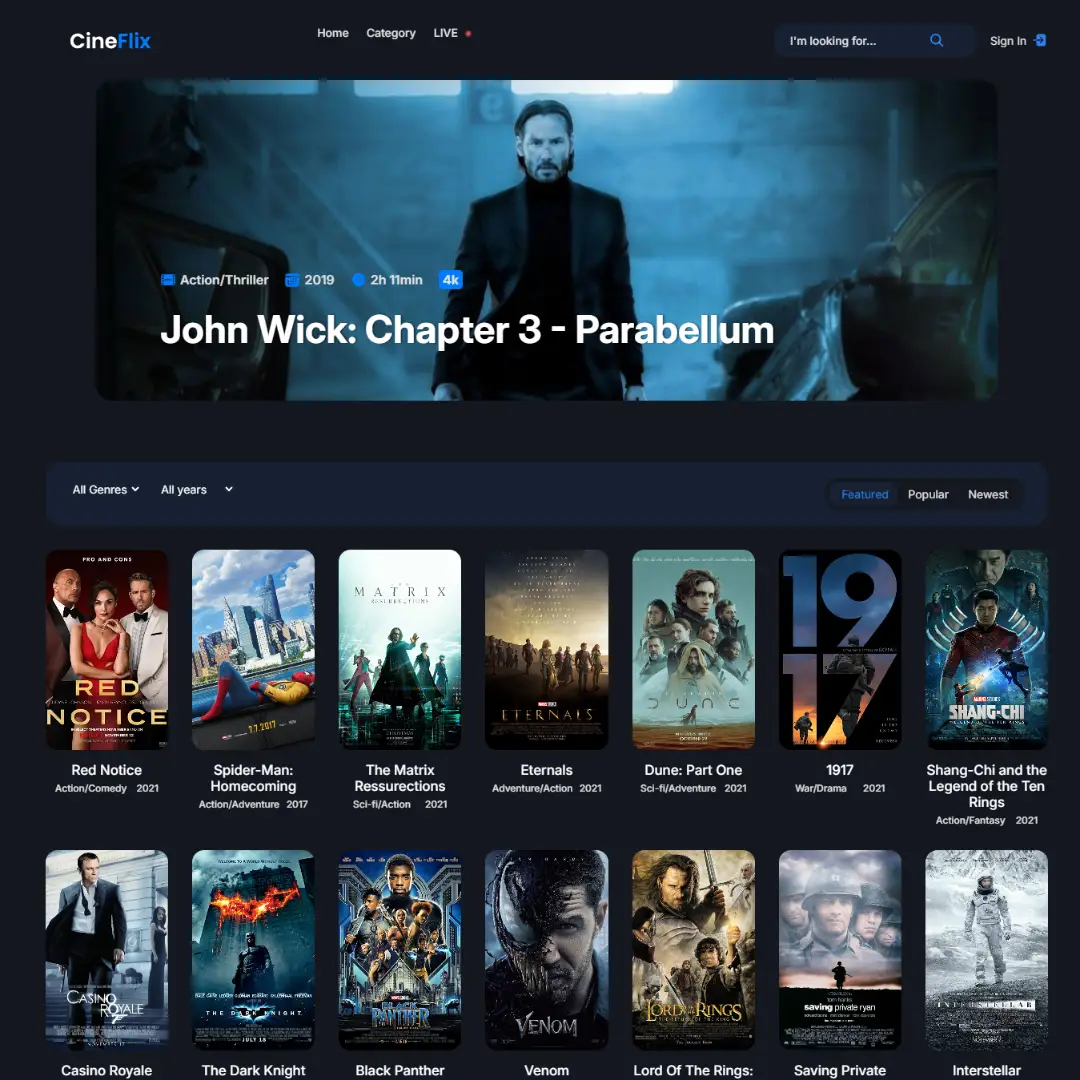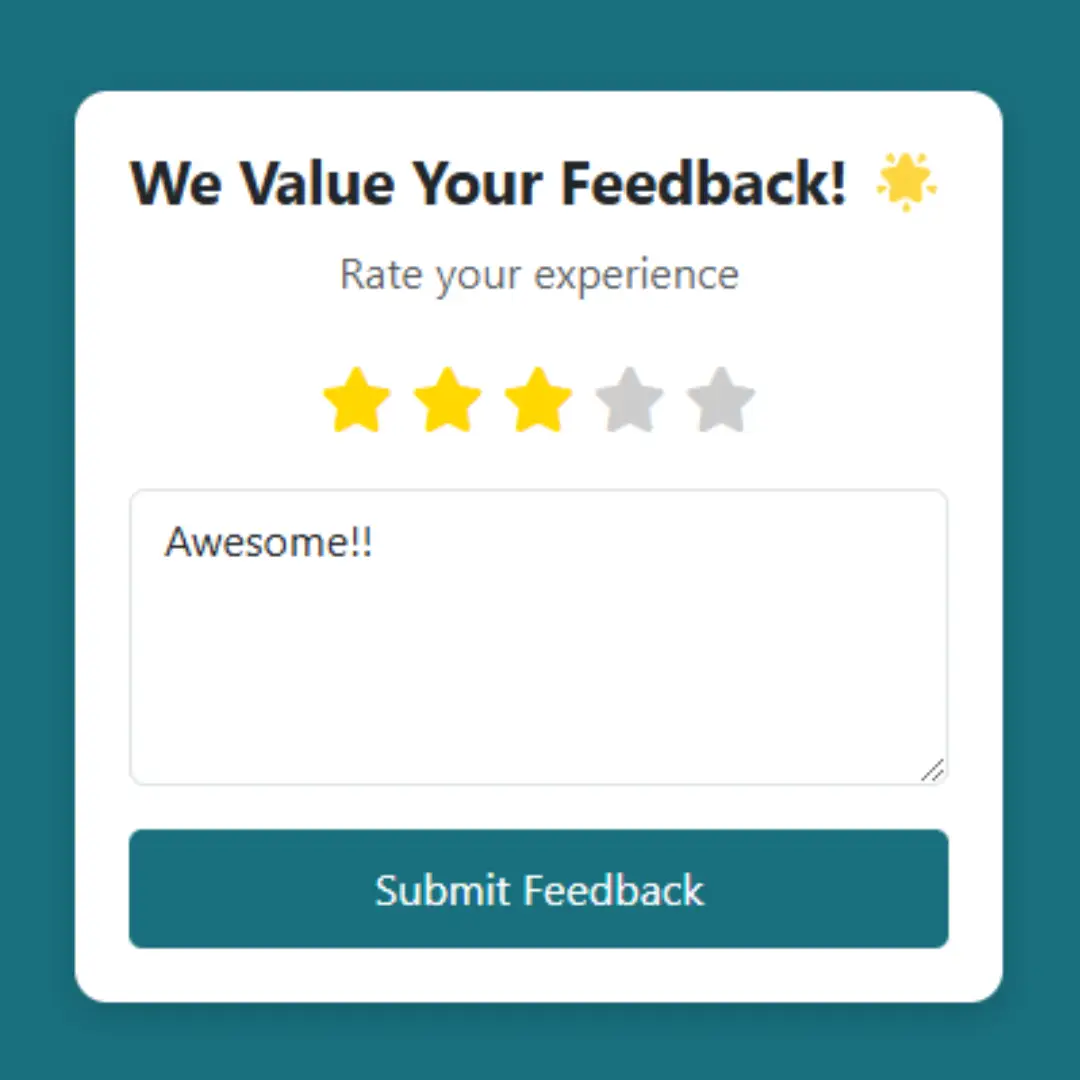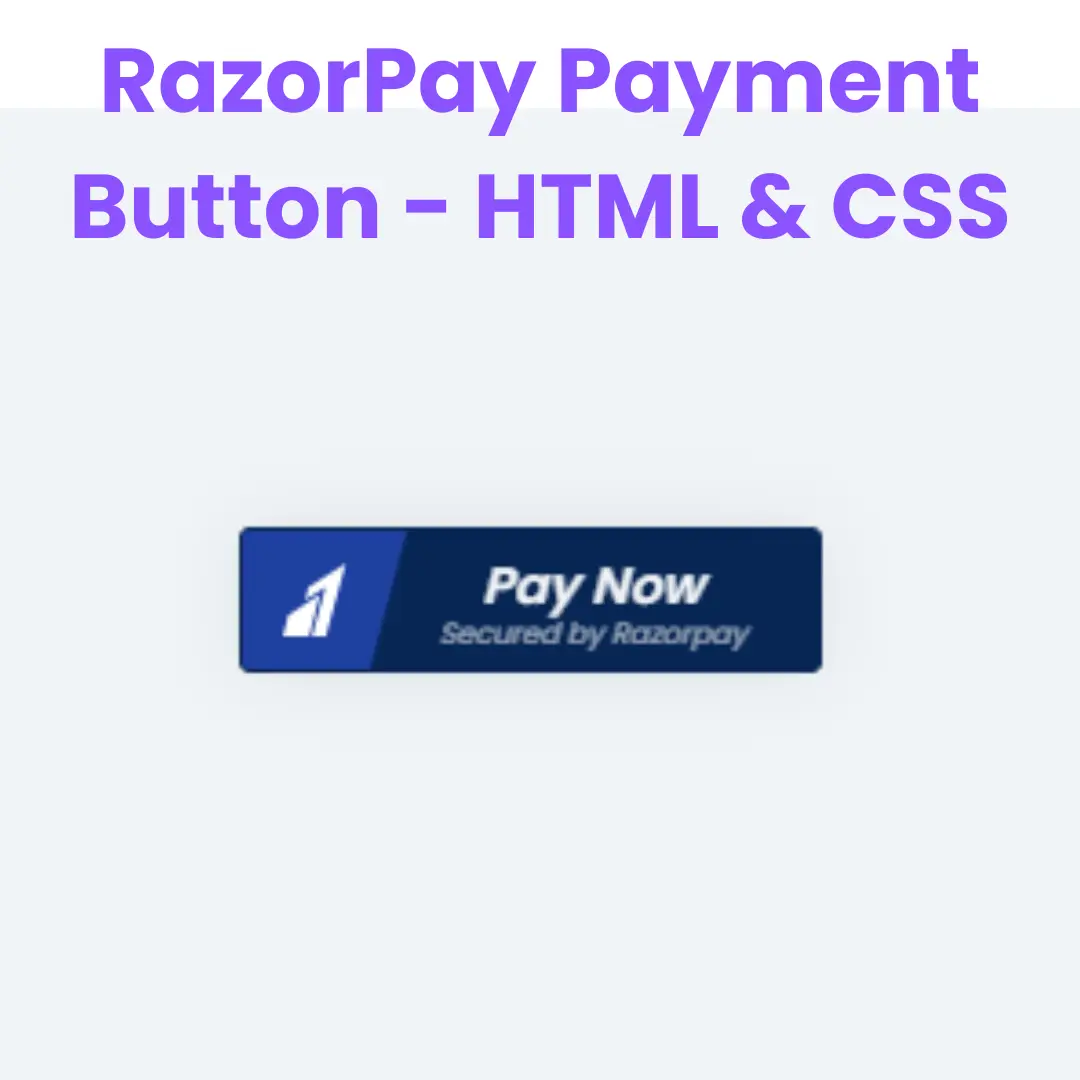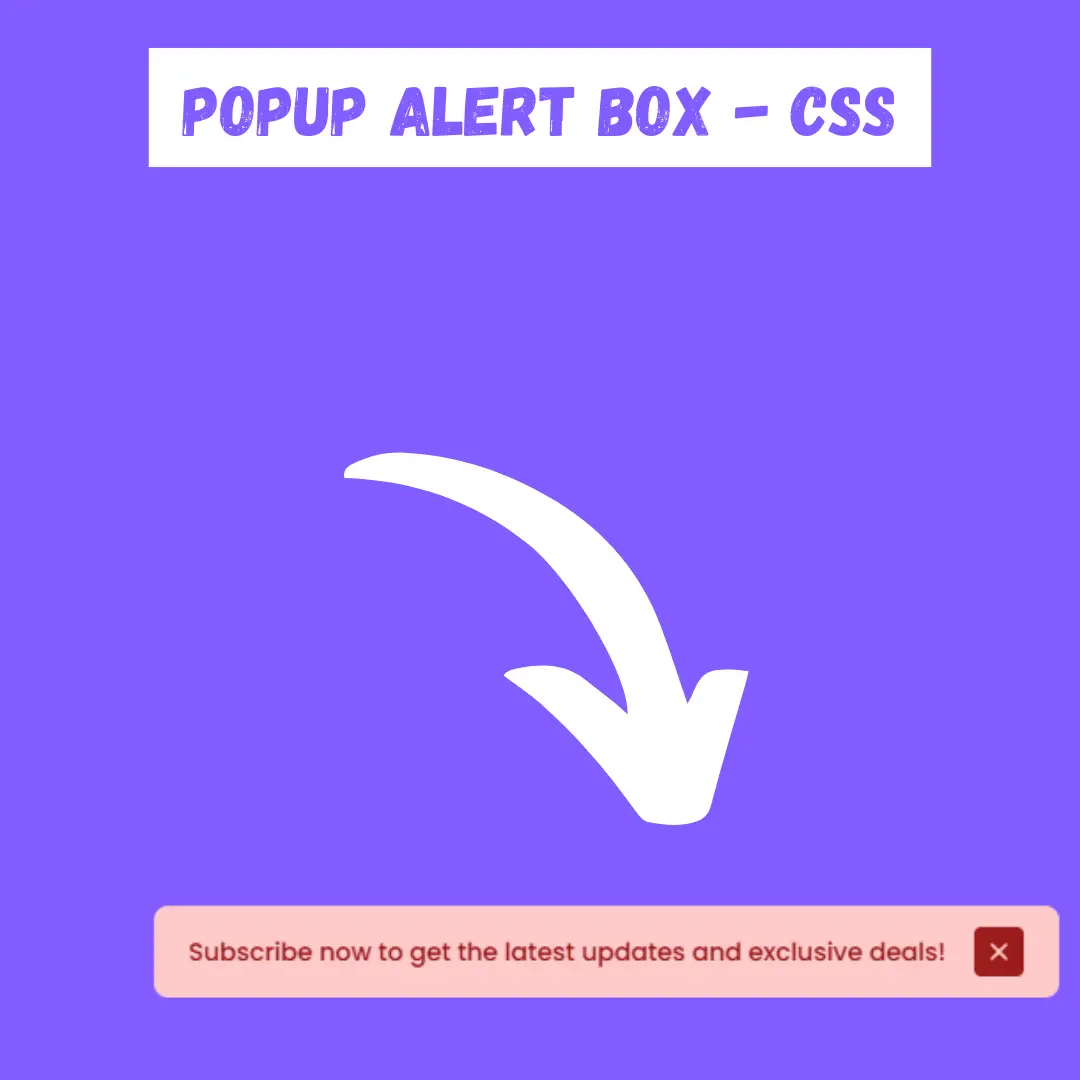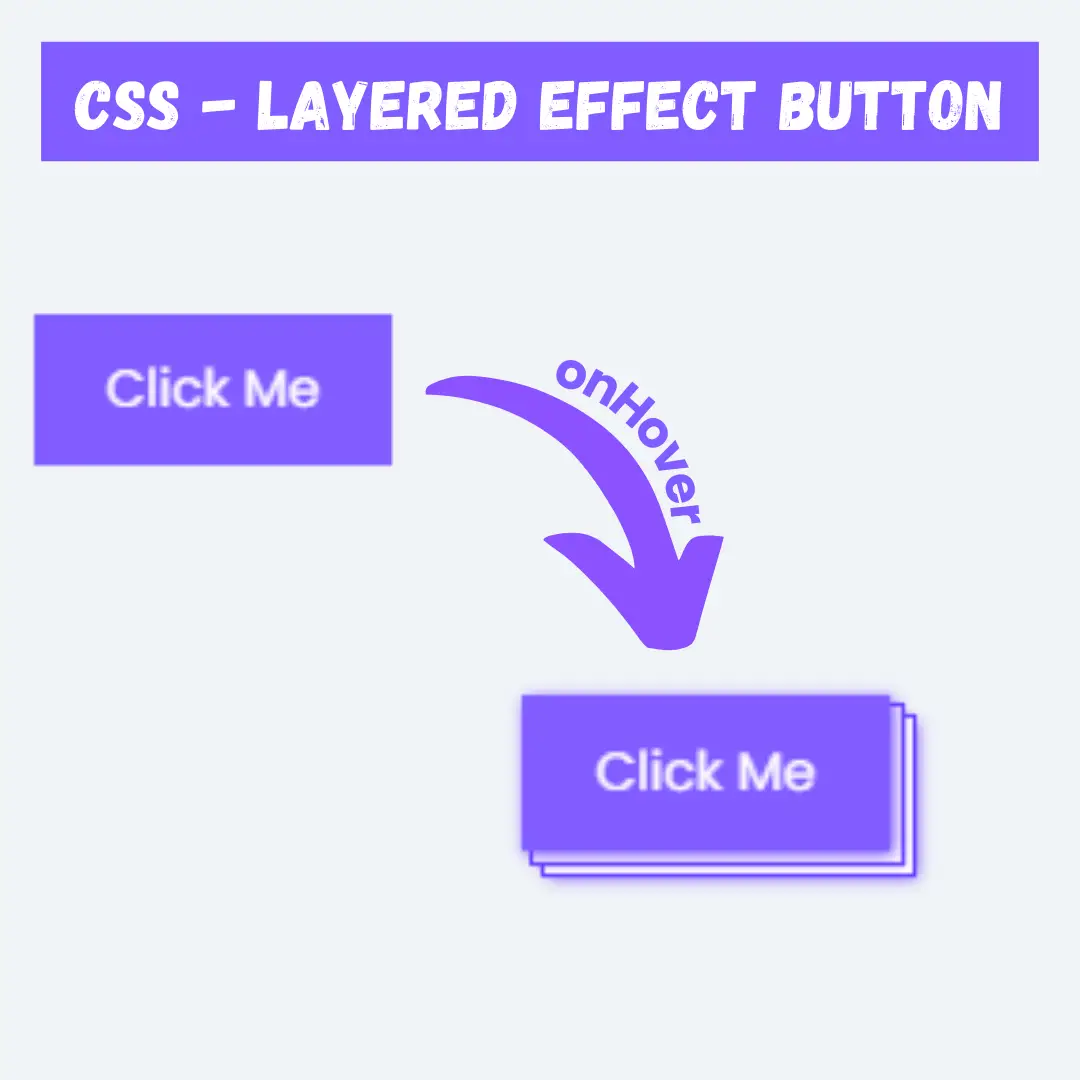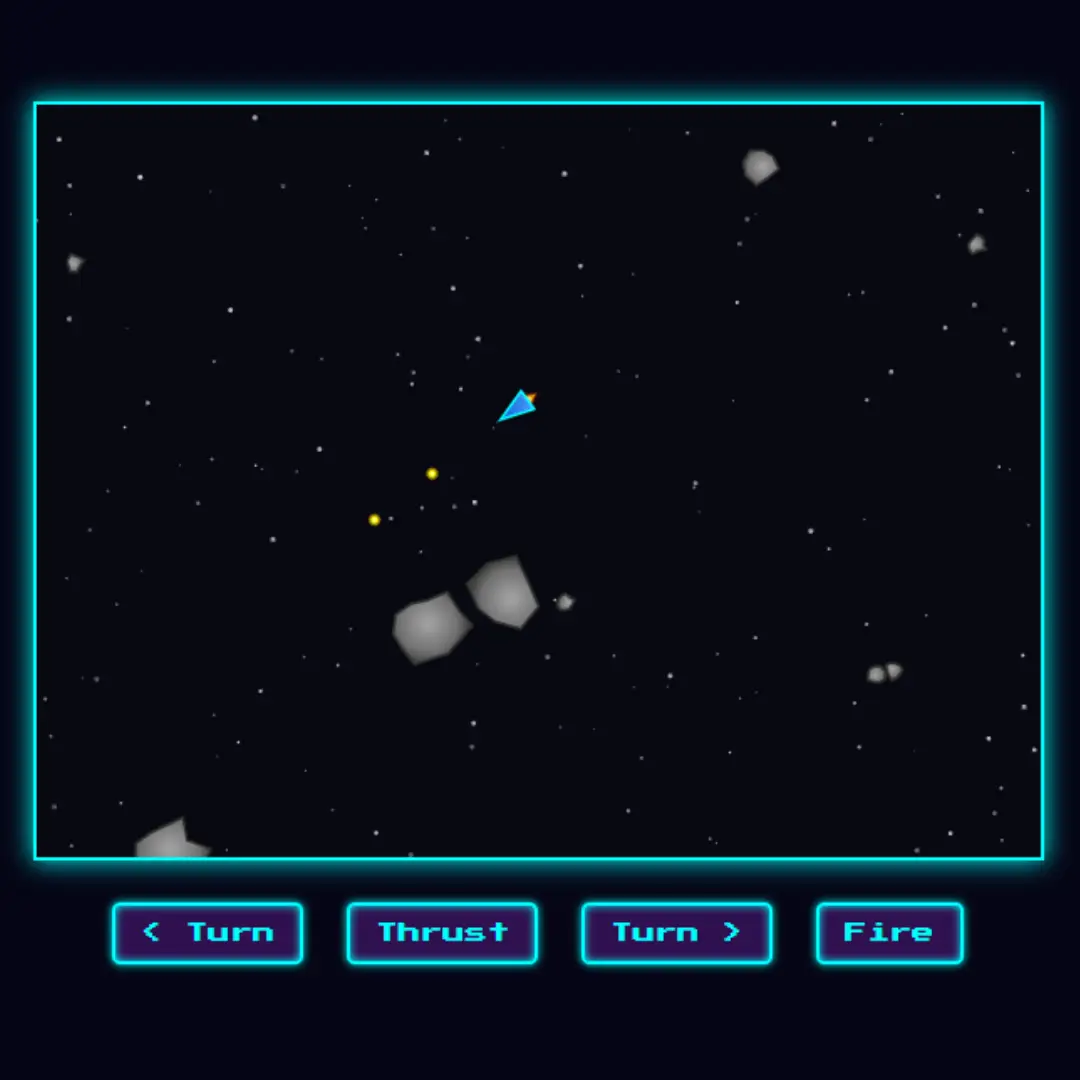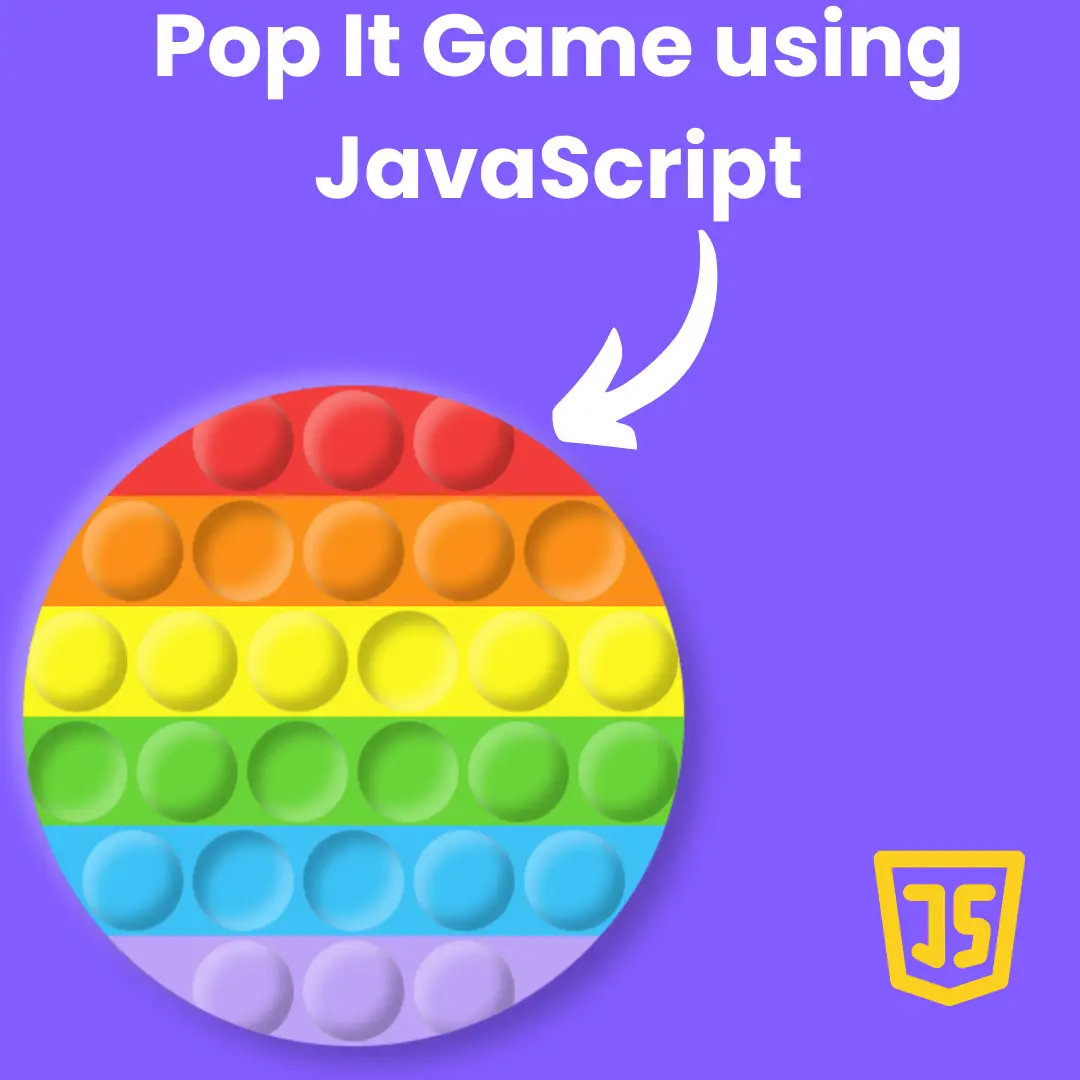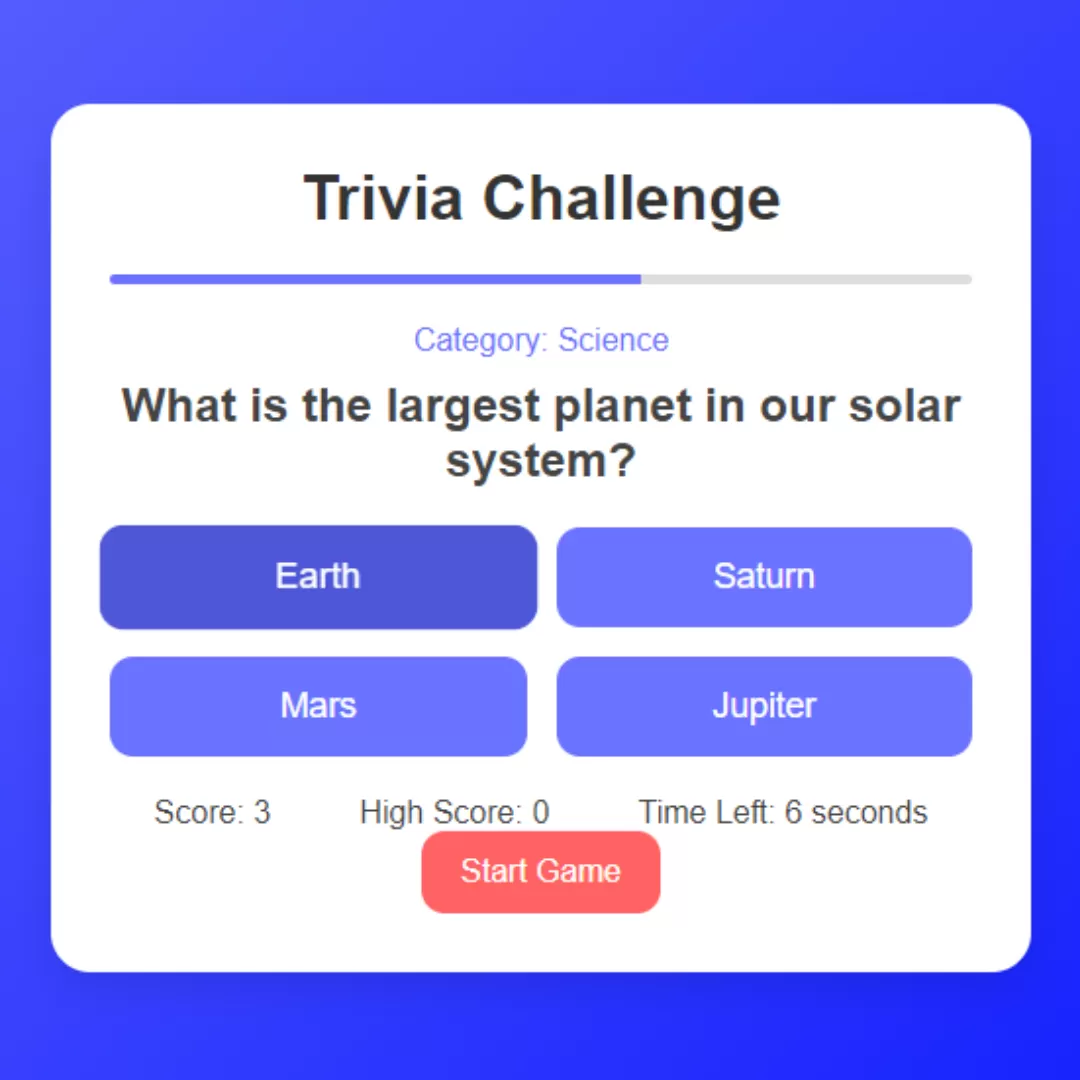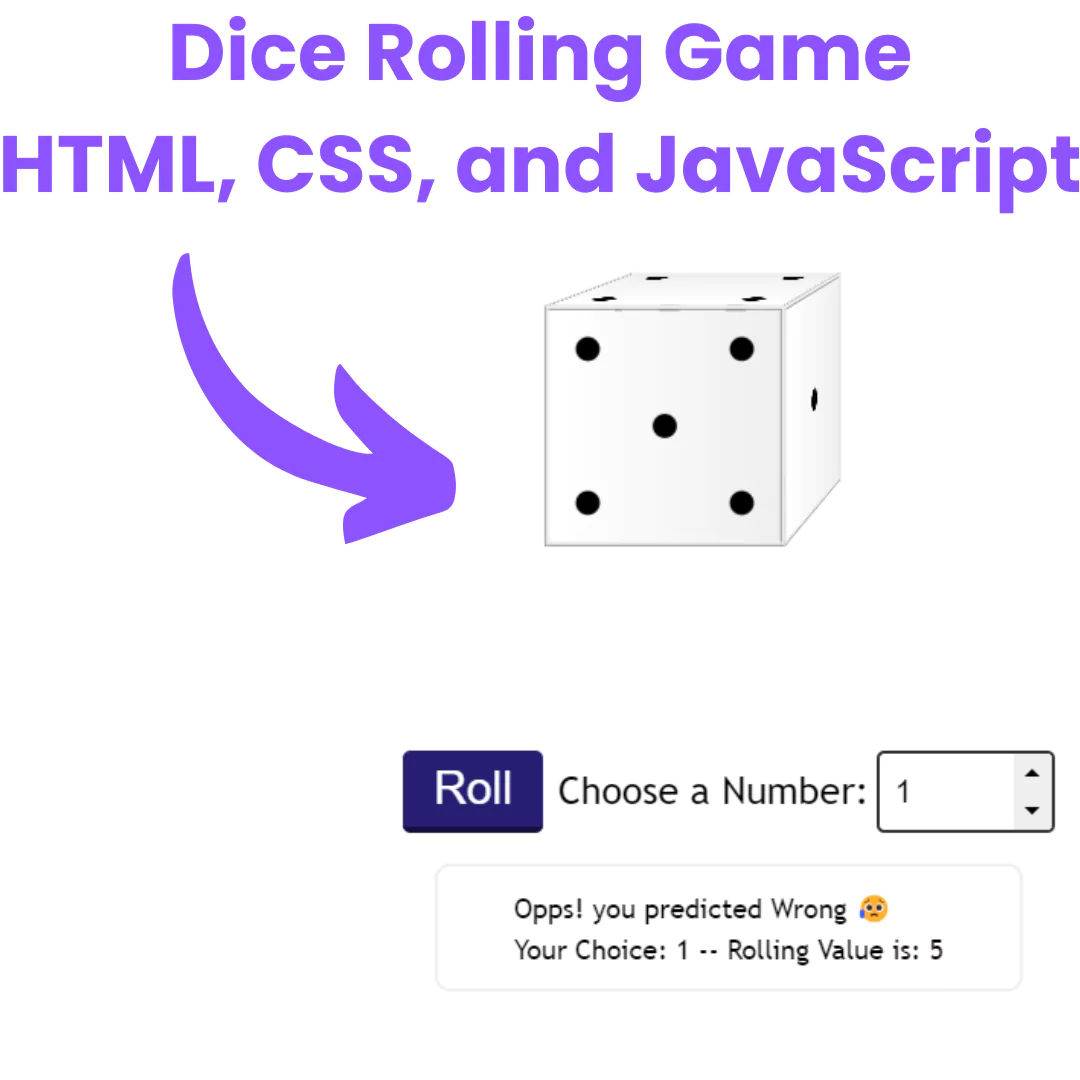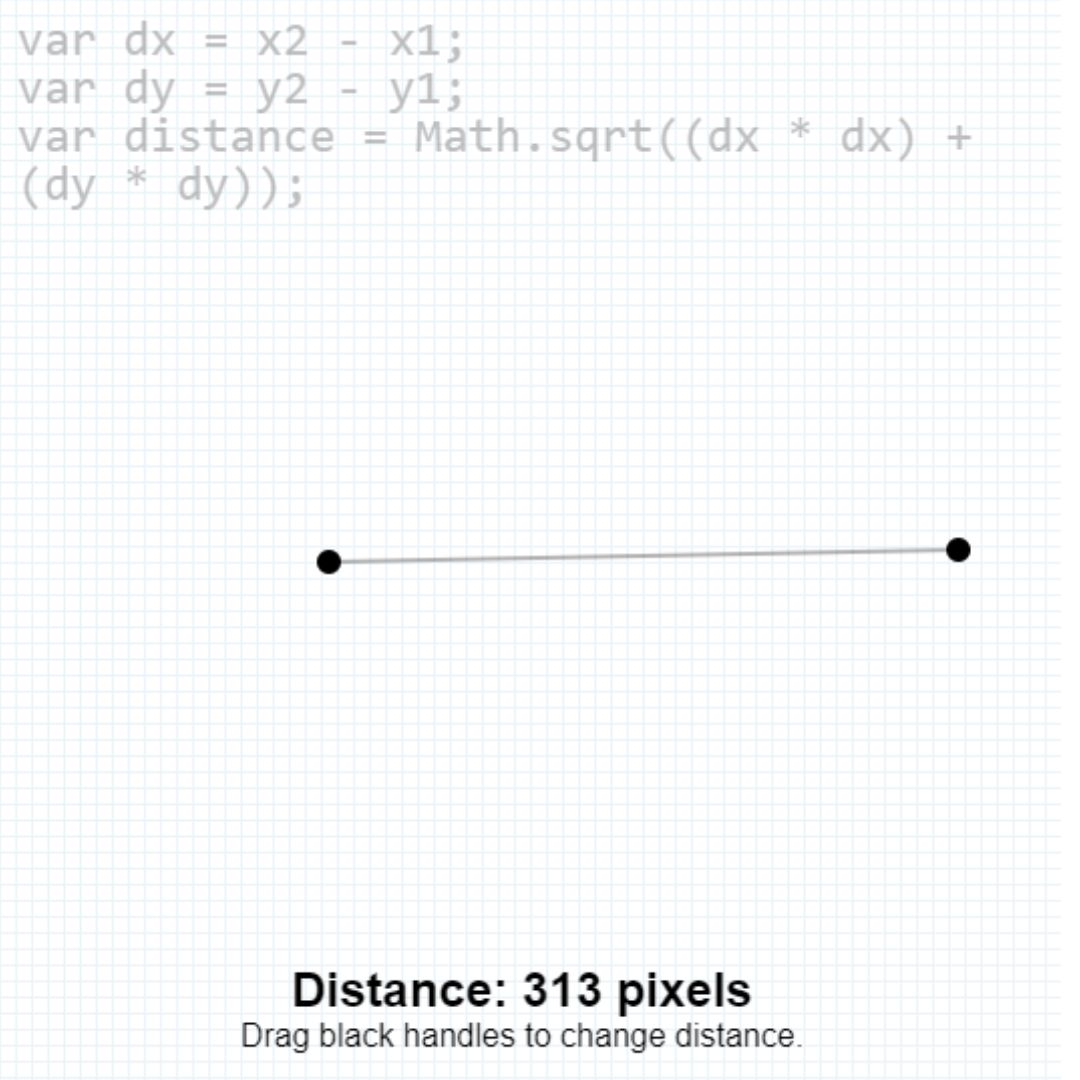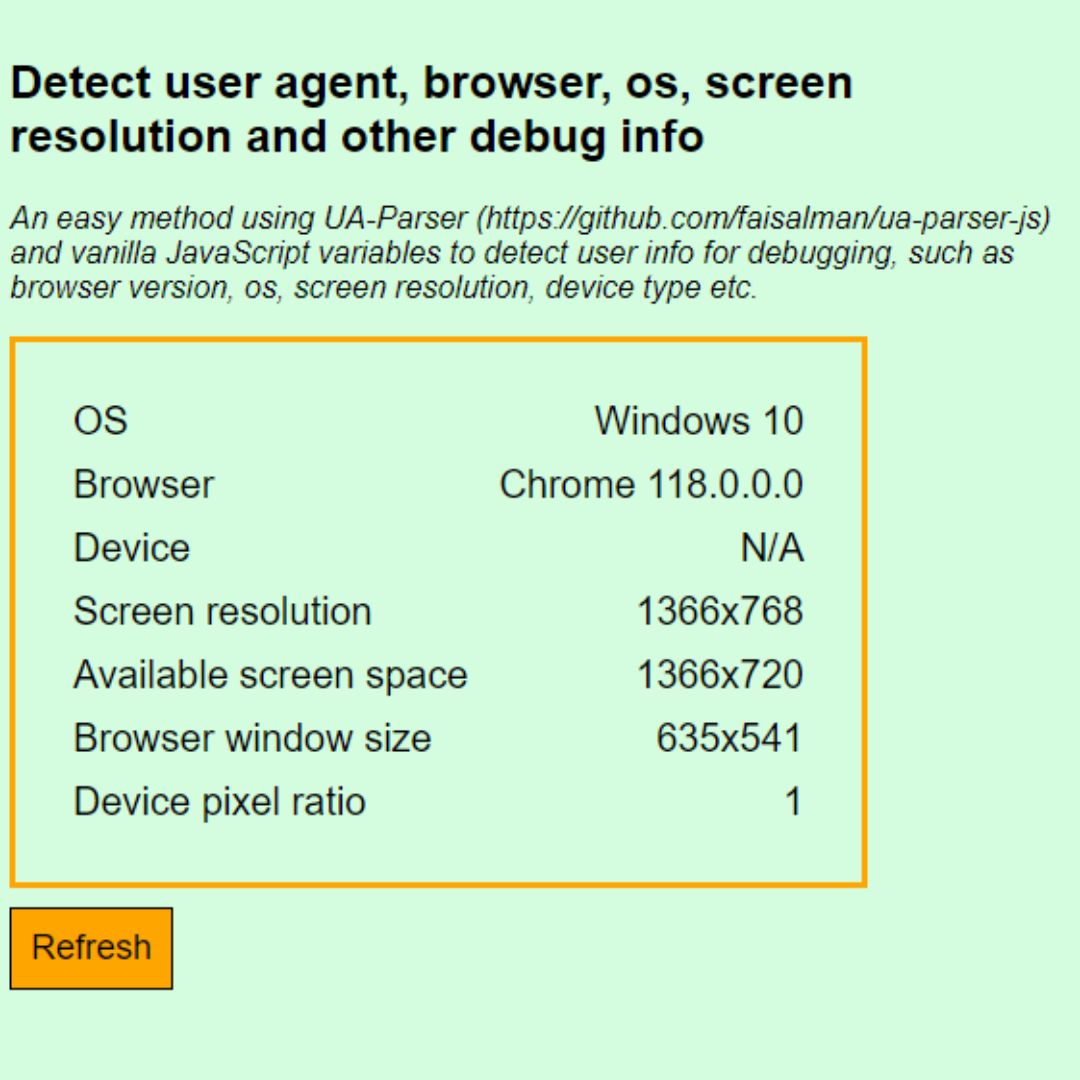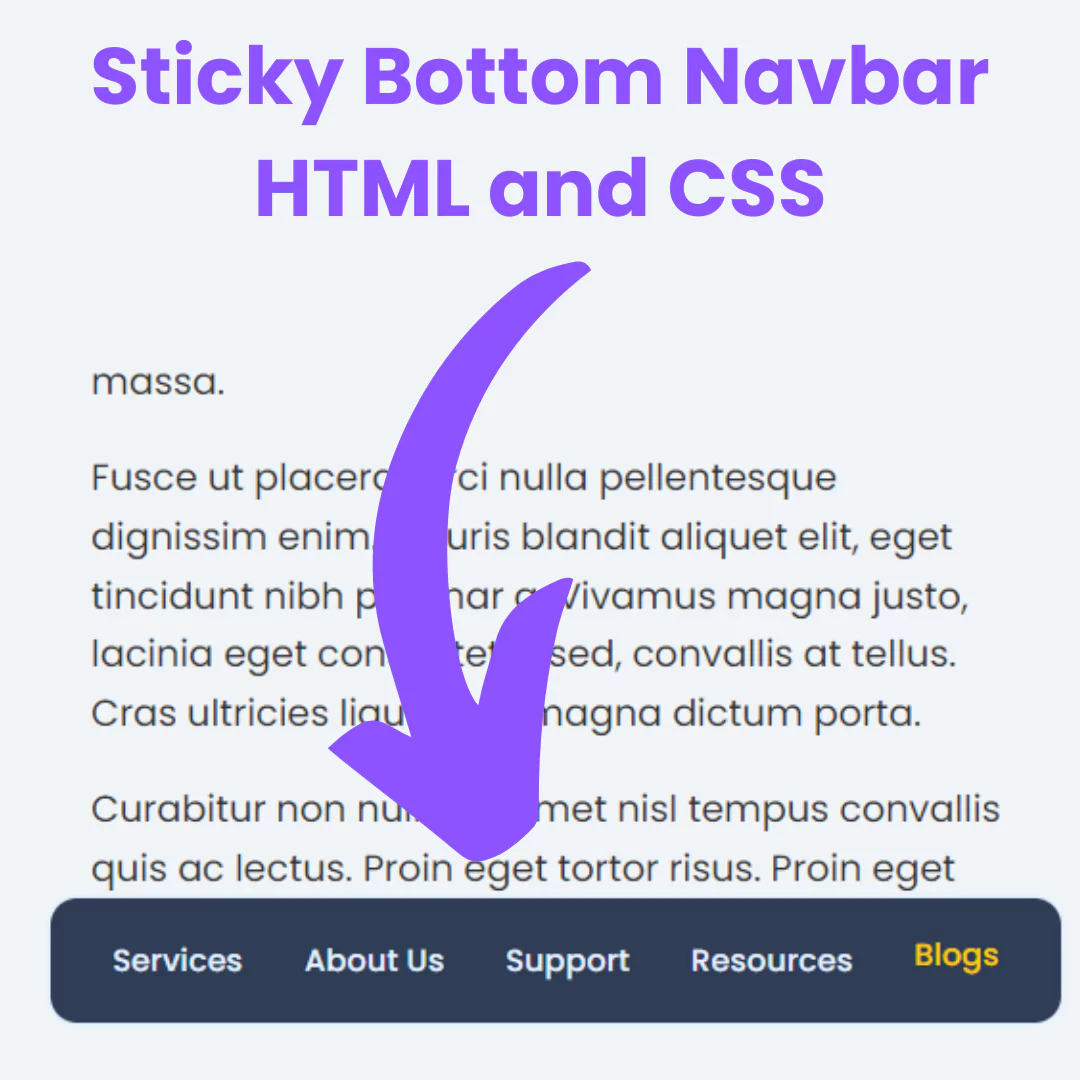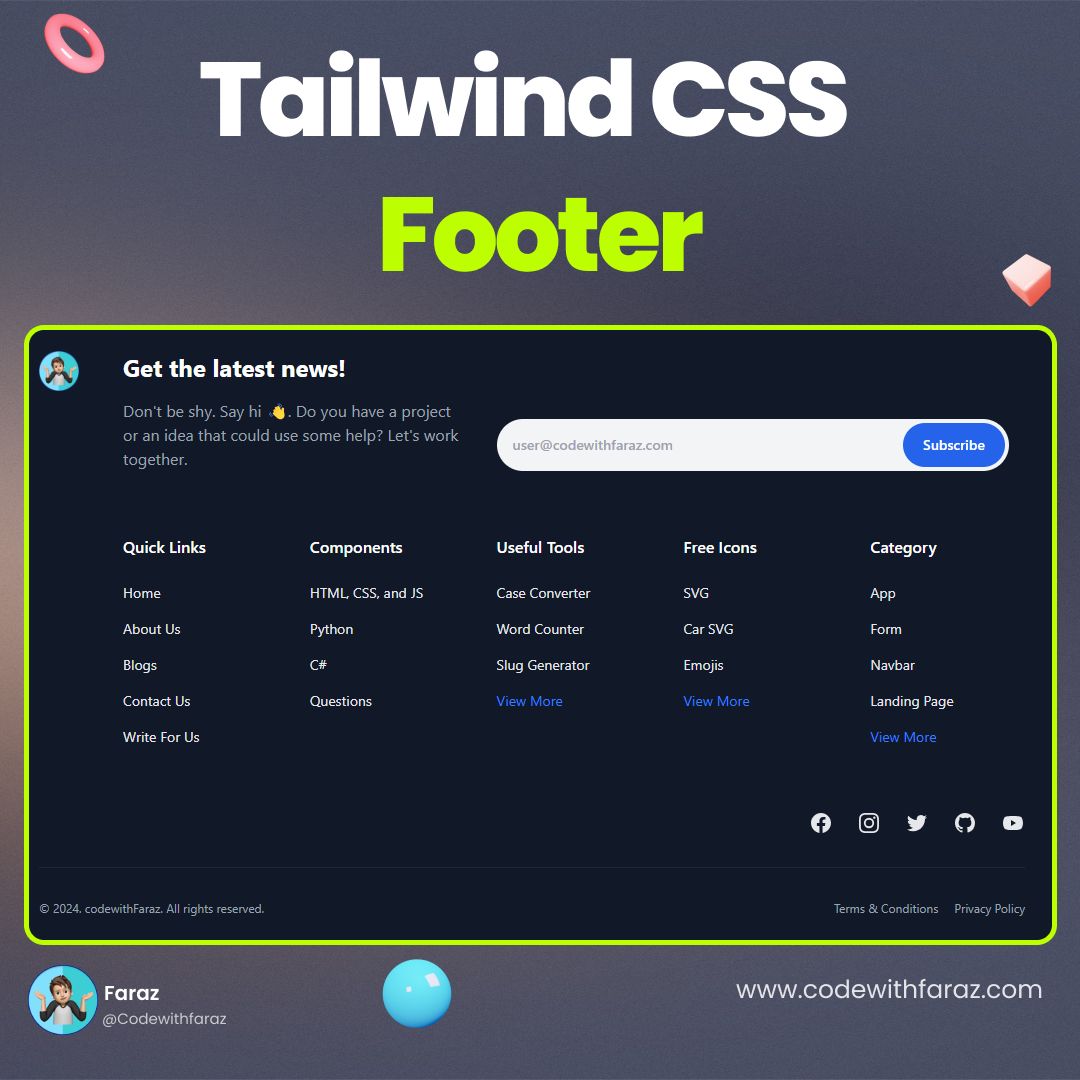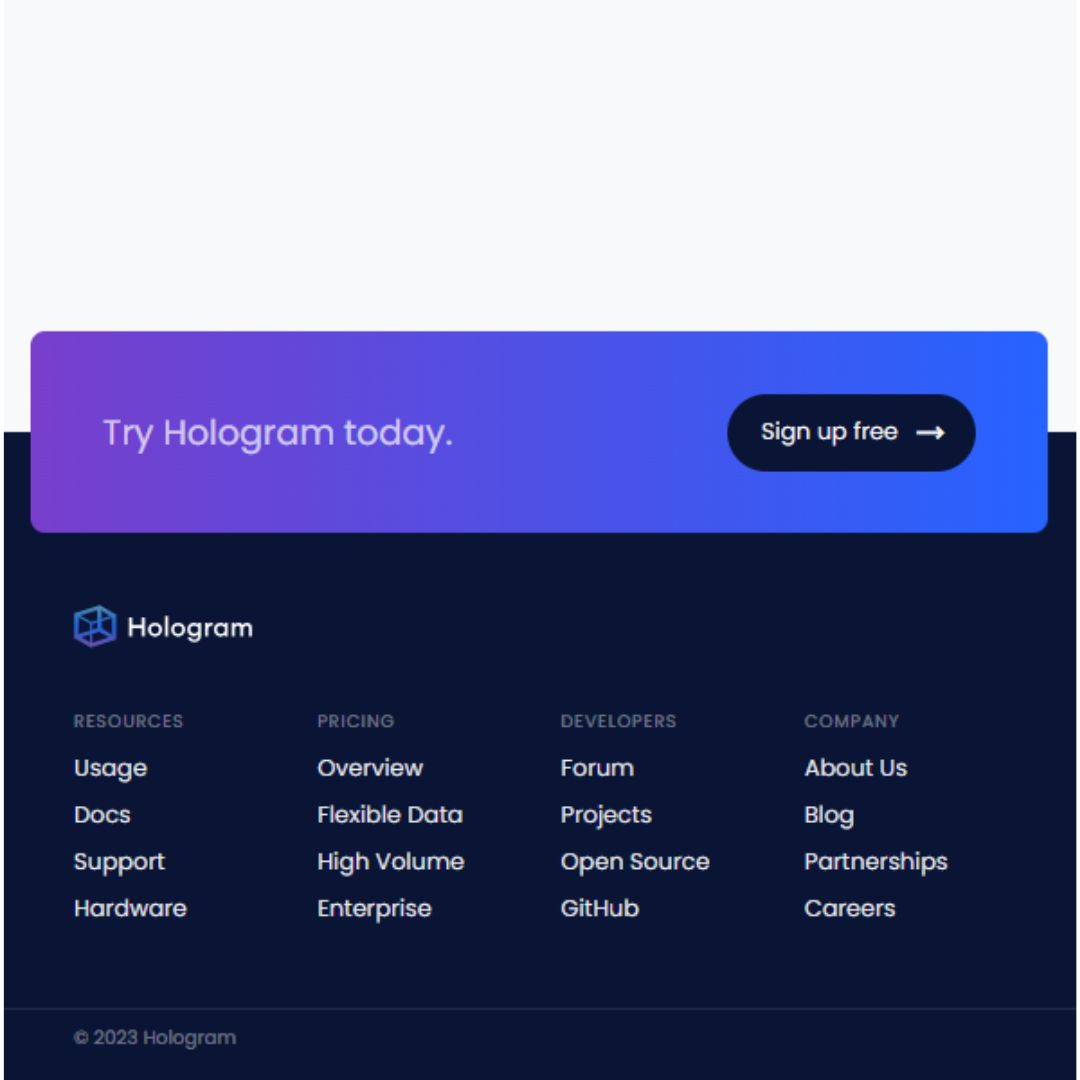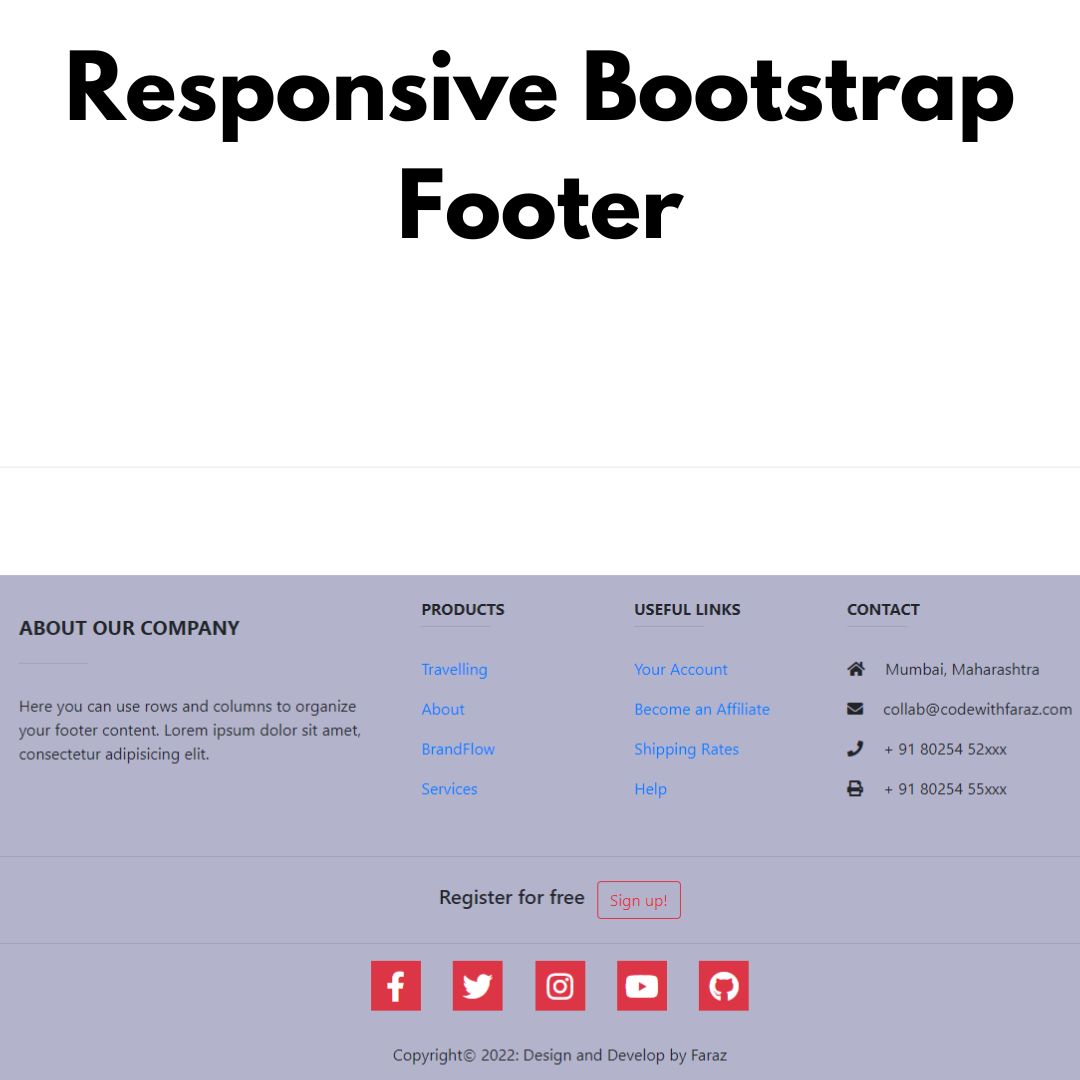It is not easy to choose between the two most popular Javascript frameworks. In this article, I will cover the core differences between React and React Native, which helps you make an informed decision.

When it comes to user interface development, there are a few popular frameworks to choose from. React is one of those frameworks, and it's used by developers for a variety of different projects. But what's the difference between React and React Native? And which should that developer choose? In this article, we'll explore these questions and more.
What is React?
React is a JavaScript library for building user interfaces. React was created in 2014 by Facebook employee Jordan Milne and Instagram employee Dan Abramov. React was designed as a replacement for the popular library jQuery. React is fast, lightweight, and easy to use. React is built on top of the WebGL rendering engine, so it can run on devices with low specs. React also supports state management, making it perfect for creating user interfaces with data fetching and animation.
What is React Native?
React Native is a mobile development framework created by Facebook. It lets you build native apps using React, the popular JavaScript library, instead of the company’s proprietary React Native platform. React Native lets you use the same codebase and libraries to create apps for Android and iOS, as well as desktop browsers.
React Native also has some unique features that make it better suited for building mobile apps than regular React apps. For example, react-navigation enables you to easily create navigation menus and screens using standard JavaScript. react-native-maps lets you easily create maps in your apps using HTML5 and JavaScript. And react-native-camera gives you access to the camera API in order to take photos and videos in your app.
What are the Differences Between React and React Native?
Here are some key differences between React and React Native:
React is a library for building user interfaces. React Native is an app development platform that allows developers to create mobile apps using the same codebase and development tools.
React Native supports both iOS and Android platforms. React doesn’t have specific support for any one platform.
React Native uses the device’s native features to improve performance. For example, if you want to show a list of items, React Native will use the camera or sensors to pull data from the device, rather than loading a separate component.
React uses stateless components while React Native uses stateful components. This means that a react component will always keep its own data, while a react native component will have some shared state with its parent object. Stateless components are faster because they don't have to keep track of their own state. Stateful components are slower because they need to keep track of their state.
React is declarative while React Native is imperative. This means that you define what your UI should look like in JS, rather than telling React how to do it.
React Native is popular among developers because it makes it easy to create fast, scalable mobile applications. React isn’t as popular due to its high learning curve and lack of official support from some of the largest tech companies such as Facebook and Google.
Pros and Cons of React vs React Native
Here are some pros and cons of using React vs React Native:
PROS:
- React is popular and well-established, so there are many libraries and tools available to help developers build user interfaces with it.
- React Native has built-in support for performance and navigation, making it easier to build fast and responsive apps.
- React Native can be used to create native mobile apps or hybrid apps that use web views for some portions of the app.
- React Native can be used with existing code bases, making it easy to start using React in your projects.
CONS:
- React is more specific than React Native, so it may not be suitable for all projects.
- React Native does not support most of the features of React, so there may be some incompatibilities when working with existing code bases.
Which One Should That Developer Choose?
When it comes to building web applications, there are two big names in town: React and React Native. But which one should that developer choose? Here are the key differences between these two frameworks, and why you might prefer one over the other.
The main difference between React and React Native is that React Native is built specifically for mobile development. This means that you can take advantage of features like performance optimizations and native look and feel. However, if you are only targeting web browsers, then React is the better choice.
Another difference between the two libraries is that React Native supports more devices than React. This includes both Android and iOS platforms. Additionally, it offers support for multiple languages such as Java, Kotlin, and Swift. Therefore, if you are targeting multiple platforms or want to use a different language than JavaScript, then React Native may be the better option for you.
Conclusion
React and React Native are two different frameworks for building user interfaces. They both have their pros and cons, but in the end, it comes down to what a developer is specifically looking for. If you're just starting out and don't know which one to choose, I would recommend starting with React. However, if you're more experienced and want to learn about the differences between the two frameworks, then I would suggest learning about React Native. Whichever one you decide to learn first is up to you
That’s a wrap!
Thank you for taking the time to read this article! I hope you found it informative and enjoyable. If you did, please consider sharing it with your friends and followers. Your support helps me continue creating content like this.
Stay updated with our latest content by signing up for our email newsletter! Be the first to know about new articles and exciting updates directly in your inbox. Don't miss out—subscribe today!
If you'd like to support my work directly, you can buy me a coffee . Your generosity is greatly appreciated and helps me keep bringing you high-quality articles.
Thanks!
Faraz 😊





